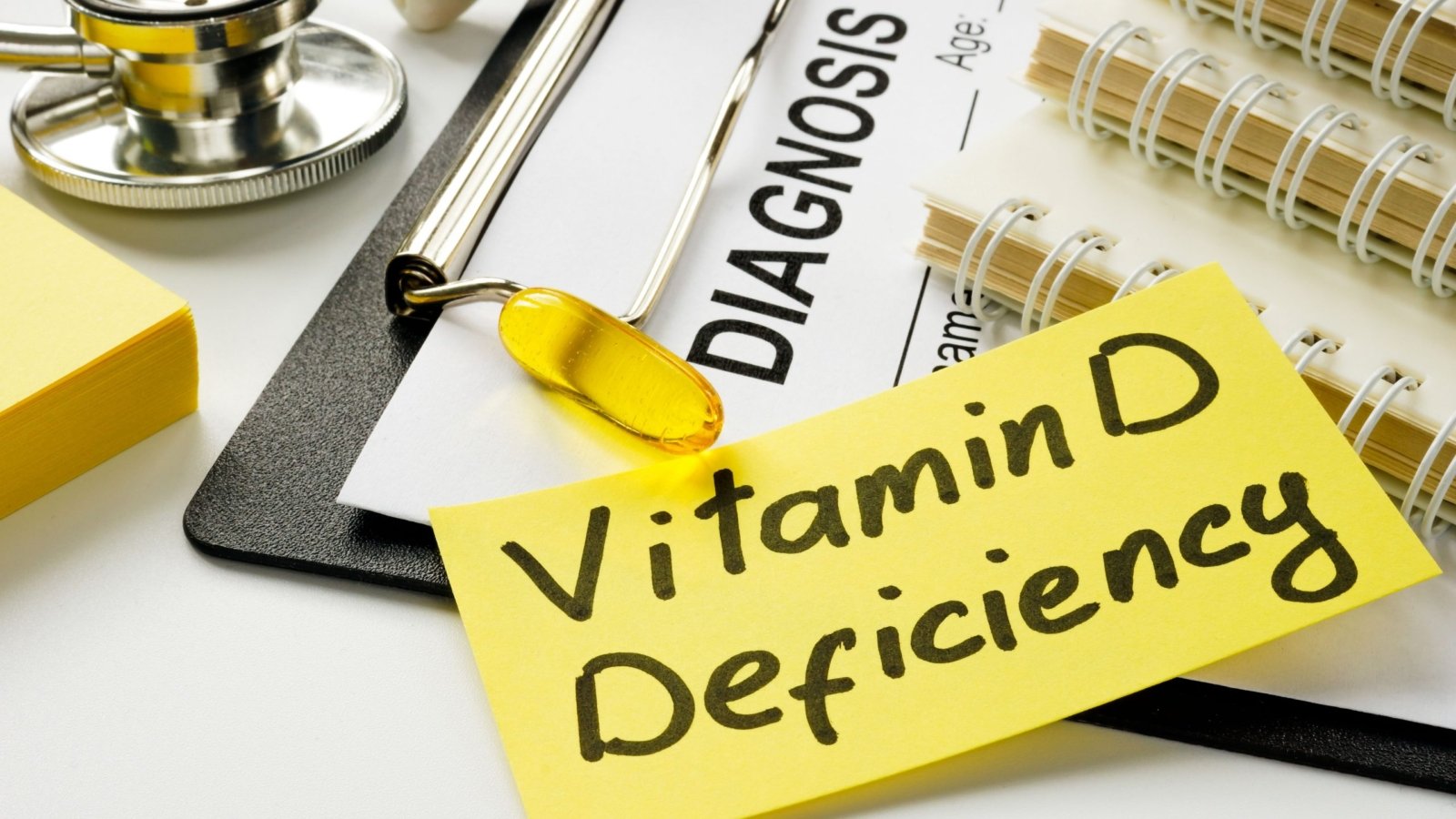Vitamin D deficiency is called deficiency disease, which is common among world’s population.
Vitamin D is a fat-soluble micronutrient found naturally in foods such as fish, eggs, milk, cheese and fortified cereals.
It is essential for your bone growth and maintenance, immune function, mood regulation and many other important bodily functions. It also aids in the regulation of your blood sugar levels, if you’re diabetic.
A lack of vitamin D has been linked with several diseases and disorders, including cancer, cardiovascular disease, type 2 diabetes, multiple sclerosis, rheumatoid arthritis, osteoporosis and even some forms of dementia.
There are several reasons why people develop vitamin D deficiency. One reason is that they spend too much time indoors without adequate sunlight exposure. Another reason is that they do not consume foods rich in vitamin D.
If you think you might be deficient in vitamin D, talk to your doctor. They will likely recommend getting enough sun exposure and taking a supplement.
Food Sources of Vitamin D
Vitamin D is an essential nutrient that our bodies need for a variety of functions. Unfortunately, many of us don’t get enough vitamin D from our diets. This is because vitamin D is found naturally in very few foods.
The best sources of vitamin D are fatty fish like salmon, tuna and mackerel. But there are also a few other foods that contain small amounts of vitamin D, including egg yolks, mushrooms and fortified cereals.
So if you’re looking to increase your vitamin D intake, make sure to include these foods in your diet.
The following foods contain vitamin D in rich measure.
Symptoms of Vitamin D Deficiency
Symptoms of vitamin D deficiency can include:
In severe cases, it can lead to osteomalacia, a condition that causes the softening of bones.
Causes
There are a number of potential causes of vitamin D deficiency, including certain medical conditions, medications and dietary factors.
No matter the cause, vitamin D deficiency can have serious consequences, so it is important to talk to a doctor if you think you may be at risk.
Diagnosis
Treatment
The good news is that it’s easy to treat with supplements and food sources rich in vitamin D.
Vitamin D supplements are available in both pill and liquid form, and they can be found at most pharmacies and health food stores.
The recommended dose is 600 IU (international units) per day for adults, and 400 IU per day for children.
Vitamin D supplements are generally safe, but it’s always a good idea to talk to your doctor before starting any new supplement, especially if you have a medical condition or are taking other medications.
Also, refer to the food sources mentioned above for your vitamin D requirements.
Bottomline
It is essential that your dietary intakes have to be in right proportion to your vitamin D requirements.
There are a few different ways to get vitamin D. The best way is to expose your skin to sunlight, as your body will produce vitamin D when exposed to UV rays.
You can also get vitamin D from certain foods, such as fatty fish, eggs and fortified dairy products.
You can also take vitamin D supplements, but it’s always best to get your nutrients from food first.
If you have a question related to this blog post, write to us here and we will update this post with a response.
If you have any more questions, please feel free to write to us at support@nugenomics.in or call us directly at +91 9176655912
You can also visit Here to know more about how we can help you and make your life better.
 Cart is empty
Cart is empty 
Add a Comment